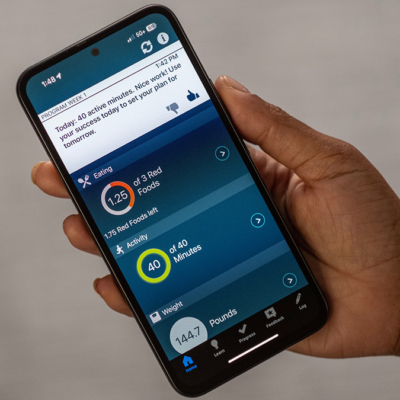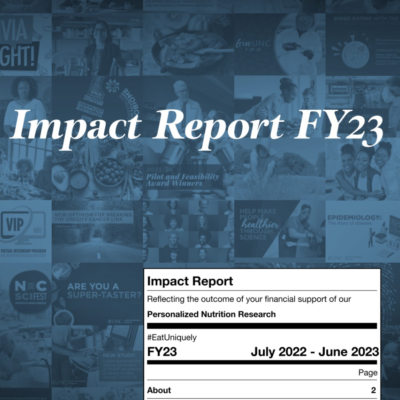dtate@unc.edu
919-966-7546
Deborah Tate, PhD
Interim Director, Professor of Nutrition
Deborah Tate is the interim director and a professor in the Department of Nutrition. She holds a joint appointment in the Department of Health Behavior and a faculty appointment at the Nutrition Research Institute. Dr. Tate is a behavioral scientist, receiving her Ph.D. in Clinical Psychology. Her research focuses on two main areas: (a) strategies for improving both short and long-term body weight regulation to reduce disease risks and (b) the development and translation of programs as alternatives to clinic-based care using digital and wearable technologies. She has been continuously funded in obesity, diabetes prevention and digital health intervention research by the National Institutes of Health since 2000 and is known internationally for her work in web and mobile interventions. Dr. Tate has numerous papers published in major nutrition and medical journals such as the Journal of the American Medical Association, the New England Journal of Medicine, JAMA-Internal Medicine, Obesity, the American Journal of Clinical Nutrition, Health Psychology, and others. Dr. Tate is faculty director of the UNC Weight Research Program, and for the Communications for Health Applications and Interventions (CHAI) Core a shared resource serving faculty in both the Nutrition Obesity Research Center and the Lineberger Comprehensive Cancer Center. She teaches a graduate-level course entitled “mHealth for Behavior Change”.
Dr. Tate conducted several of the first randomized trials using the Internet and new technologies to deliver behavioral treatments for obesity. She continues to conduct studies to determine which features of digital programs contribute to efficacy, how to use wearable and other passive data to inform tailoring, and what types of intervention messages and strategies work best for whom and in what contexts. Her work has focused on bringing greater specificity to digital intervention science and uses advanced intervention methodologies such as the Multiphase Optimization Strategy, multiple randomized trials (MRT) and adaptive (SMART) designs to optimize digital obesity prevention and treatment interventions. Her recent work has focused on precision public health messaging for just-in-time-adaptive interventions and precision nutrition and obesity approaches which offer high degrees of individual tailoring.
Deborah Tate is the interim director and a professor in the Department of Nutrition. She holds a joint appointment in the Department of Health Behavior and a faculty appointment at the Nutrition Research Institute. Dr. Tate is a behavioral scientist, receiving her Ph.D. in Clinical Psychology. Her research focuses on two main areas: (a) strategies for improving both short and long-term body weight regulation to reduce disease risks and (b) the development and translation of programs as alternatives to clinic-based care using digital and wearable technologies.
Show MoreTate’s Team
In the News
Virtual Internship Program is accepting applications
‘Human’ touch improves weight-management apps
This article originally appeared on unc.edu. Written by Scott Jared, University Communications Traditional in-person weight-management programs result in about 10% weight loss over six to 12 months,...
What’s the best diet for your body? A federal study aims to find out.
Reprinted from the Washington Post. The UNC Nutrition Research Institute is one of the sites conducting the study described in this article. Anyone 18 or older who is interested in participating can...

















